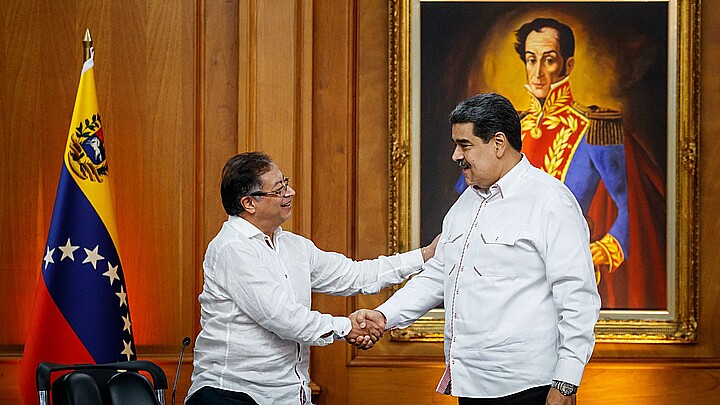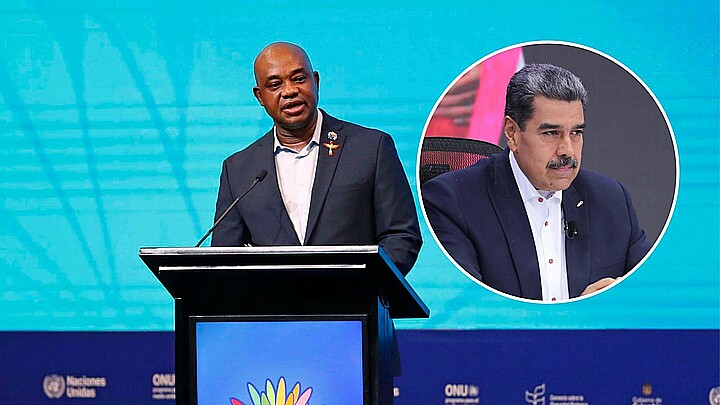Politics
Political violence in Colombia surges ahead of December elections
The Organization of American States' Electoral Observation Mission reported 304 acts of political violence since the beginning of the electoral year.
November 8, 2021 9:48am
Updated: November 9, 2021 3:39pm
Political violence has more than doubled in Colombia as the country ramps up for its 2022 elections. Regions where democracy has historically been considered “a threat to personal interests” have been hit especially hard.
The Organization of American States’ (OAS) Electoral Observation Mission (MOE) reported 304 acts of political violence since the beginning of the electoral year.
This number represents a 125 percent increase compared to the 135 acts of violence against politicians, community leaders and human-rights advocates recorded in the same period in 2017.
“Social leaders, who generally enjoy popular support over their promotion of a social cause, were the victim of more than half of the aggression followed by politicians and community representatives,” wrote Adriaan Alsema, founder and editor-in-chief of Colombia Reports.
The MOE report found that close to half of the 58 politically motivated assassinations, and more than half of the 41 failed assassination attempts have specifically targeted social leaders, many of whom work closely with ethnic minorities and worker communities.
Compared to the same period in 2017, the number of social leaders killed increased by almost 30 percent; attempted assassinations rose by more than 95 percent.
More shocking still, death threats surged by 193 percent – mainly because of far-right groups such as Aguilas Negras. According to the MOE report, death threats tend to increase in the weeks before key electoral events such as the registration of primary candidates.
Although the majority of politically motivated death threats have, in the past, targeted left-wing leaders and activists, members of President Ivan Duque’s right-wing coalition government have borne the brunt of the violence in recent months.
“This may indicate that the violence is mainly horizontal, and targets those trying to challenge those in the higher echelons of power rather than those who would be of a different party,” Alsema noted.
This increase in violence has left authorities on high alert as Colombians prepare to head to the polls ahead of December's primaries.










